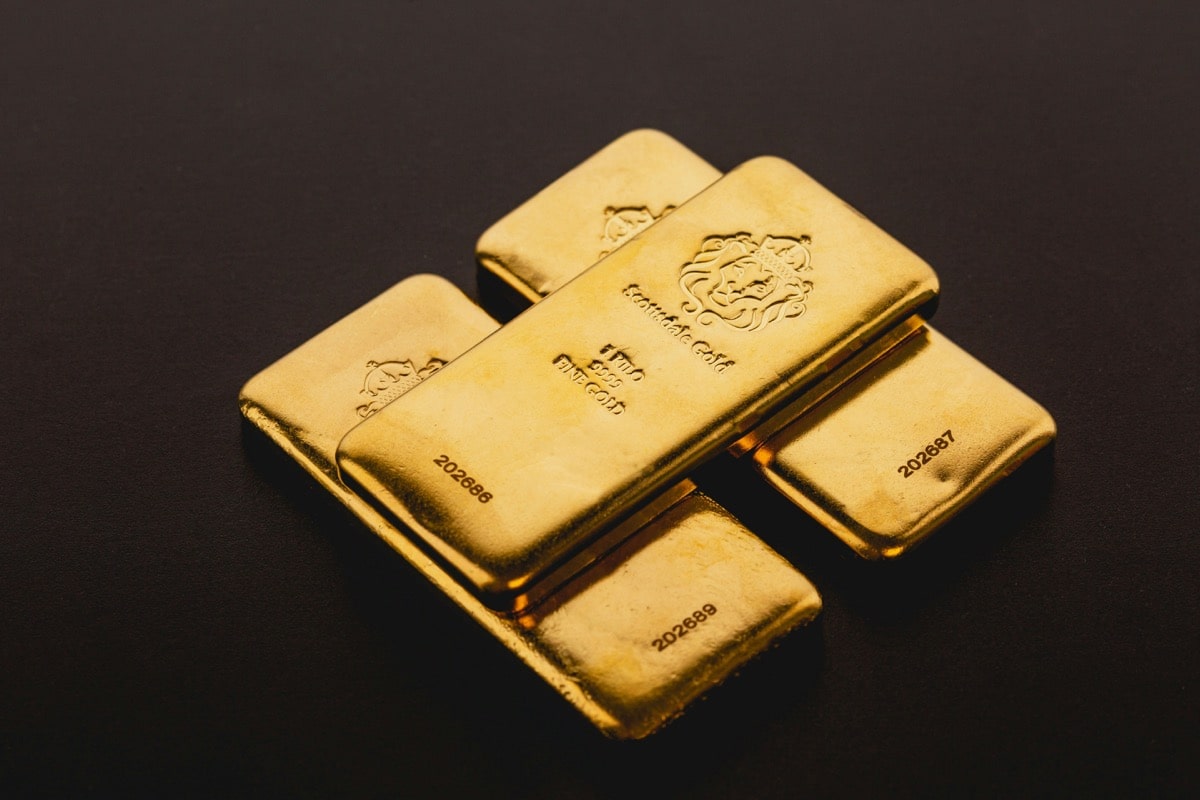Global central banks purchased 483 tonnes of gold in the first half of 2024, outperforming the previous record of 460 tonnes set in H1 2023 by 5%.

According to a report by a global capital markets outlet, the Kobeissi Letter, central banks have significantly increased their net gold reserves, setting a new record for gold purchases in H1 2024.
Global central banks bought 183 tonnes of gold in the second quarter alone, showing a 6% year-over-year increase. This was still 39% lower than the 300 tonnes of purchases on record in Q1. During the second quarter of the year, the price of gold also crossed the record level of $2,500 (€2,249.26) per ounce.
The National Bank of Poland, the Reserve Bank of India, and the Central Bank of Turkey were the most active gold buyers during the given period.
The president of the National Bank of Poland, Adam Glapinski, recently stated that the bank aims for gold to make up 20% of its reserves, raising the asset’s share from the current 14.7%.
India’s central bank increased its gold reserves by far the most in almost two years this summer. The institution reportedly added more than nine tons in June. The Reserve Bank of India also moved 100 tons of its gold stored in the UK back to its domestic vaults in May.
One of the main reasons that central banks are piling up their gold reserves recently is to protect their assets against macroeconomic uncertainty and geopolitical turbulence, which is on the rise today.
Gold reserves might help countries reduce dependence on globally dominant currencies such as the US dollar and maintain liquidity during rising inflation. Another asset used more frequently to hedge against inflation is crypto. While the Central Bank of Turkey doubles down on gold, local users buy crypto, specifically stablecoins, to fight currency devaluation.
Besides, as Tolou Capital Management founder, Spencer Hakimian, commented, the collective East like China, India, Russia, and Saudi Arabia “no longer trust owning Western reserve assets.” Countries like Russia are also using gold to circumvent and undermine the impact of the Western sanctions regime.









